Water – an important piece of the puzzle for BalticWaters’ new laboratory

The time has come – building inspection of BalticWaters Fish Laboratory. Electricians, HVAC technicians, and construction specialists are on site to ensure that the building meets the required standards. And it does. Although much feels complete, there is still one major, crucial step remaining before the laboratory can open its doors: water. It may sound […]
Scrubbers on ships – clean the air but pollute the sea
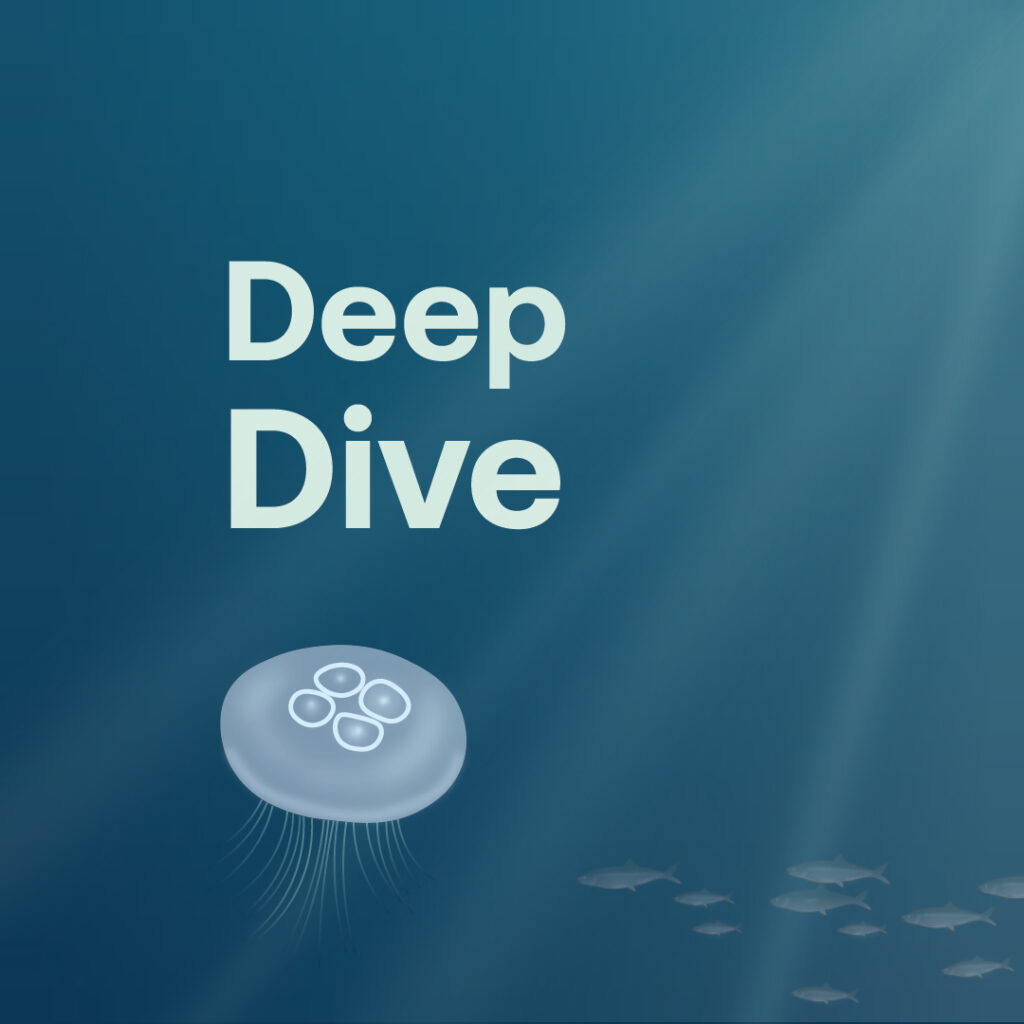
BalticWaters has reviewed scrubbers – a technology that redirected ships’ ‘chimneys’ into the sea when air emissions needed to be reduced.
Could the Bothnian Bay also be hit by eutrophication?
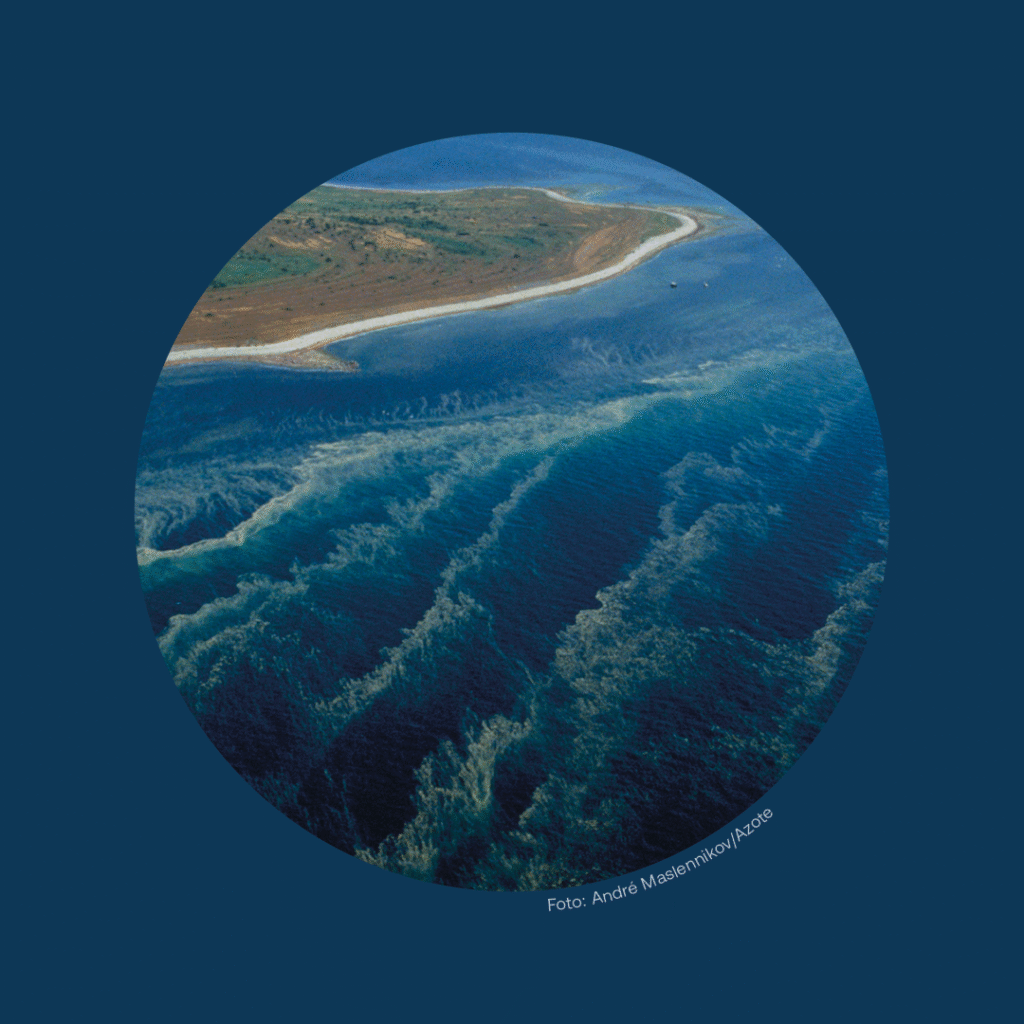
The Bothnian Bay has been spared from the eutrophication that has long affected the southern Baltic Sea. But now there are signs that something is changing in the northern parts of our inland sea. Is there a risk that the Bothnian Bay will also be affected by eutrophication – and if so, what are the […]
Can fishing bans improve the environmental status of our shallow coastal bays?
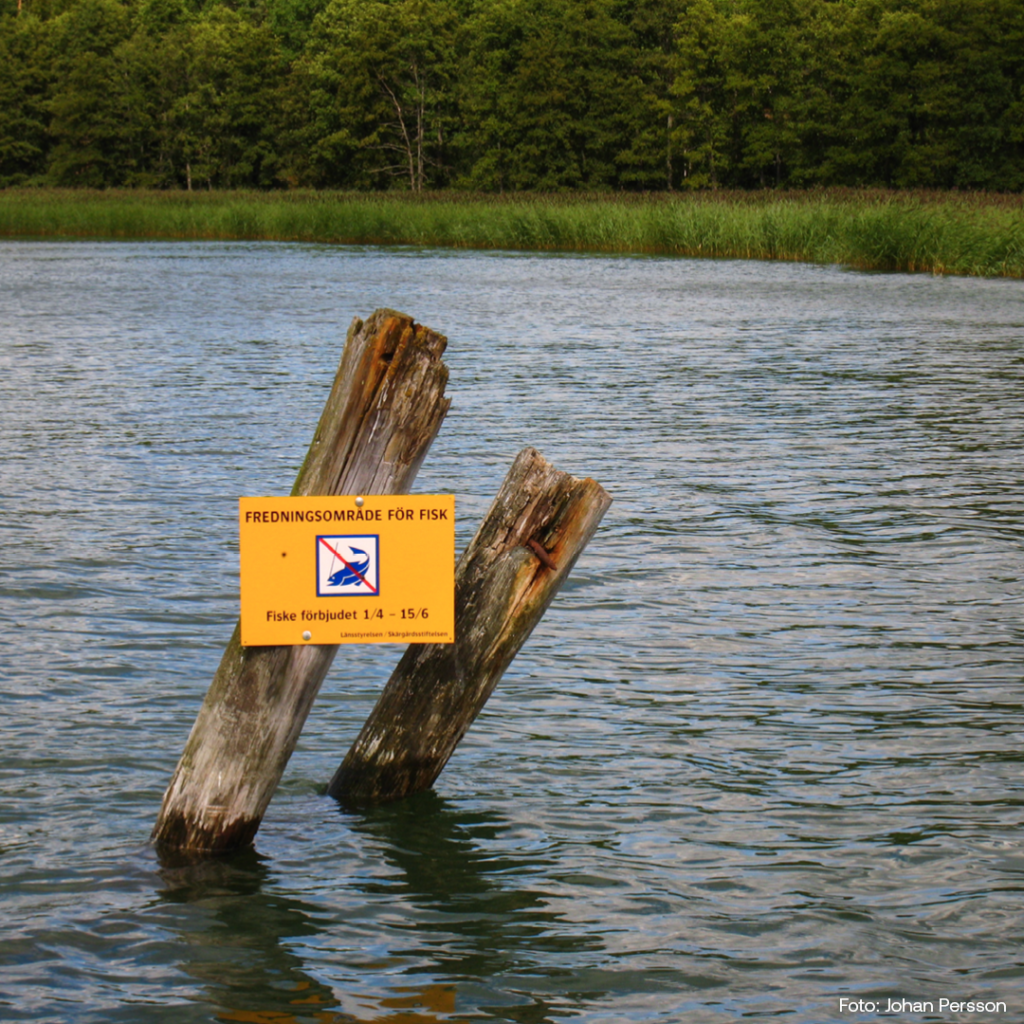
We accompanied Thriving Bays on a test fishing trip, where an ongoing case study is investigating how fishing bans affect fish stocks, ecosystems and the aquatic environment in shallow bays.
Thriving bays will break the vicious cycle
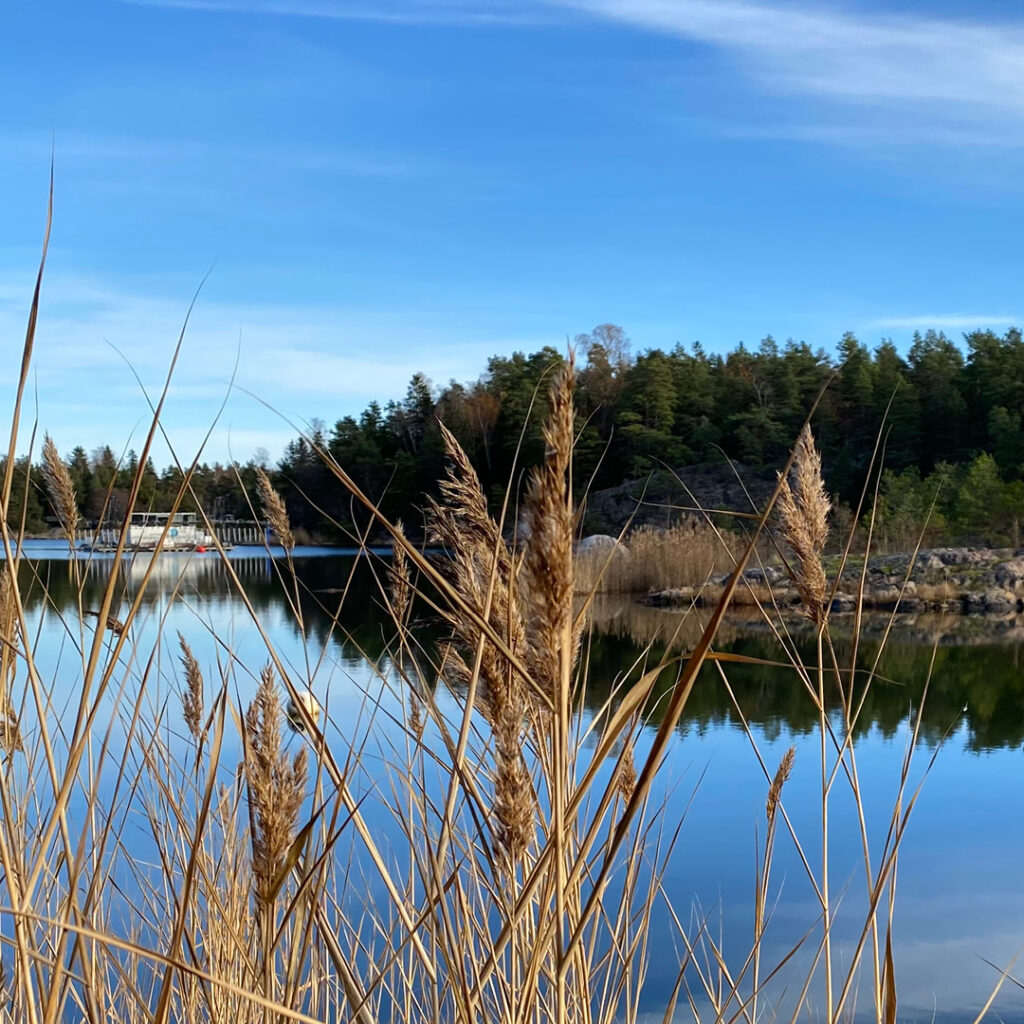
If you have read about eutrophication in the Baltic Sea, you will probably have come across the term internal load, usually followed by the expression ‘past sins’. This refers to nutrients, mainly phosphorus, that have been added to the sea over time and accumulated in the sediments. In the bottom sediments, the nutrients do not […]
A sanctuary for cod offers hope for the recovery of the stock
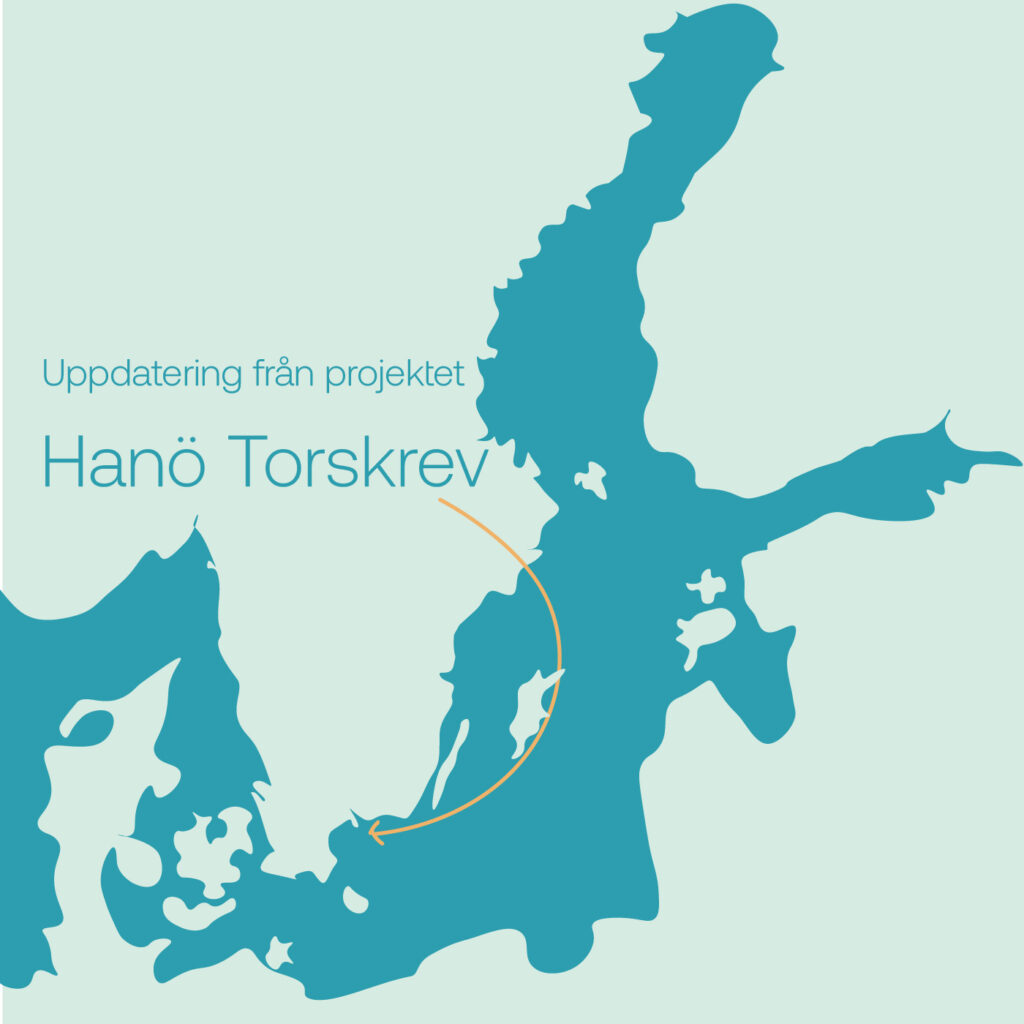
The Hanö Torskrev project began in 2022. Now, three years later, BalticWaters is back, curious to find out what has happened beneath the surface.
Can bottom trawling improve oxygen conditions on the Baltic Sea floor?

It is sometimes claimed that bottom trawling can oxygenate the seabed. We get to the bottom of this claim and explain why it is not true.
Strengthen the implementation of existing EU fisheries policy, rather than initiating a reform

The EU is currently evaluating how well the current fisheries policy has met its objectives. BalticWater’s message is to strengthen the implementation of the policy.
First fish tanks in place at BalticWaters’ new laboratory

Drawings and sketches have suddenly become reality as new walls appear and the first tanks for keeping fish are put in place. And everything is so big! ‘The opportunities for new and exciting research on some of the Baltic Sea’s most important fish species will be endless at the new laboratory,’ says Konrad Stralka, CEO […]
The pathway of carbon to the Baltic Sea – important for the sea’s ability to mitigate climate change
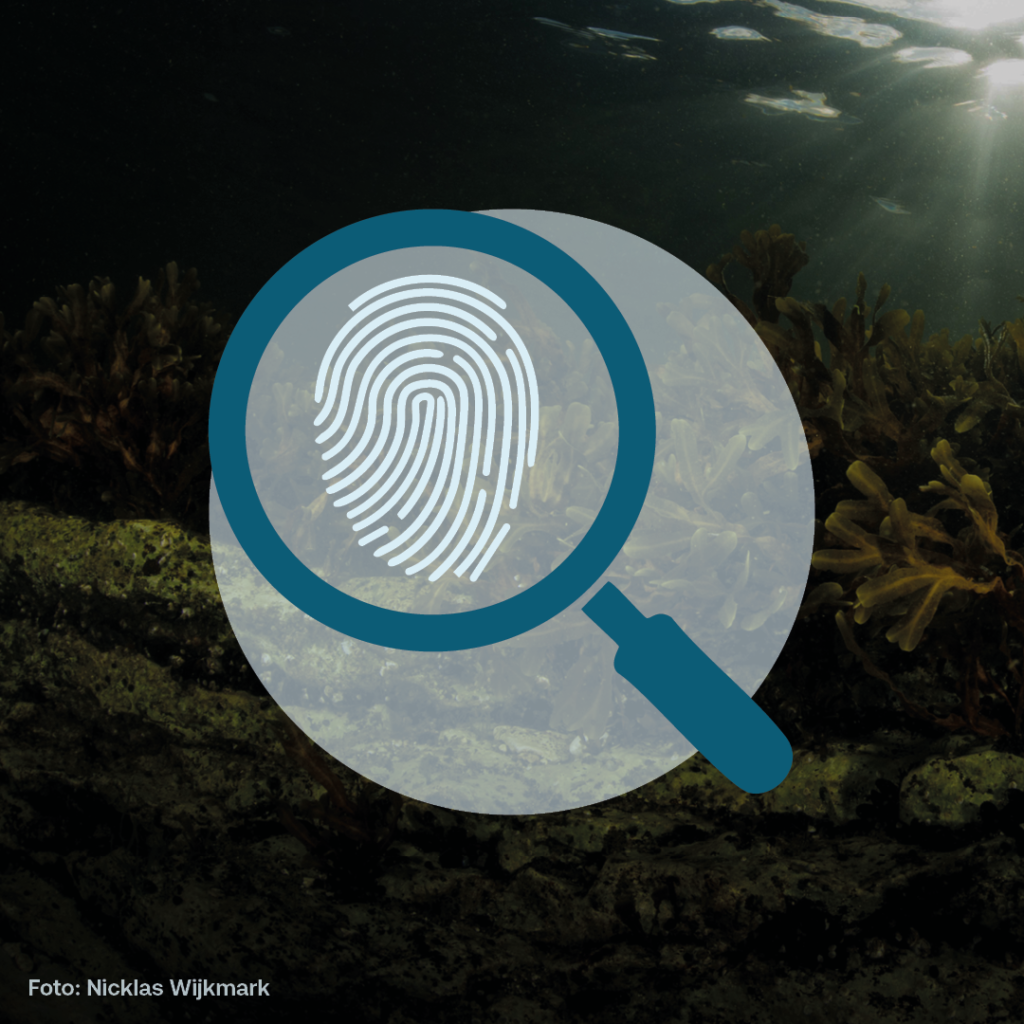
Where does the carbon stored in Baltic Sea sediments come from? A new project, funded by BalticWaters, aims to answer this question.
